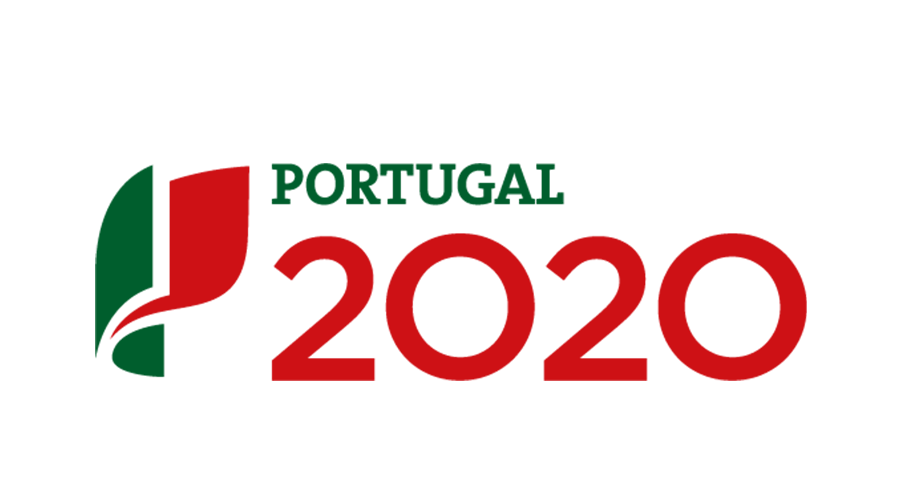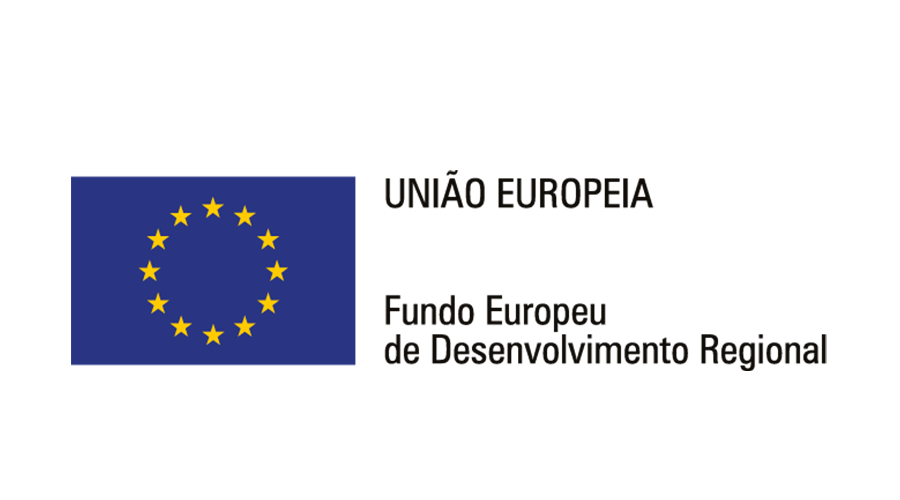Like many other countries, Portugal has its set of yearly public holidays. However, not all public holidays are celebrated around the globe, some are shared among some countries (Portugal included), others are only a piece of Portugal’s unique History and culture. Since Portugal has a strong religious background, many public holidays are, naturally, of religious nature, and the others are a way to remember and celebrate historical events.
We have composed a list of all Portuguese public holidays for the year of 2021 with a description of their origin and how they are celebrated. There are some celebrations that are similar or the same as other countries, others are unique to Portugal.
1st January (Friday), New Year:
Like many other countries (especially those with a Christian background) Portugal celebrates the new year on the 1st of January. This is the first public holiday with a fixated date of the year and it’s probably the one where you find more establishments closed. It’s a day most people spend at home with their friends and family in a very relaxed way. Many families prepare a festive lunch and mid-afternoon snacks much like during Christmas.
16th February (Tuesday), Carnival (Carnaval):
This public holiday is similar to Shrove Tuesday in the sense that it falls on the same day of the week and its origin is a religious one. In Portugal’s case this is the day that marks the 40 days countdown until Easter and it’s set by the Vatican. However, the way that most people celebrate this holiday has very little to do with the catholic church. Many towns organize parades with floats and wear costumes. In this aspect it’s similar to the Venetian Parades, but the way people (adults and children alike) wear costumes and play tricks on each other reminds us of Halloween that is celebrated by Anglo-Saxon countries and the US.
2nd April (Friday), Good Day (Sexta-feira Santa)
This is religious holiday that is celebrated by people who live in countries with a strong practice of Catholicism. It’s date changes slightly depending on the years but it always falls on a Friday in April.
4th April (Sunday), Easter (Páscoa)
Portugal celebrates Easter as well, but unlike Anglo-Saxon countries that have a bigger influence of Protestantism rather than Catholicism, egg hunts weren’t that popular until very recently. Children still receive chocolate eggs from their families though, and it’s also common to exchange small gifts amongst the closed ones.
25th April (Sunday), Freedom Day (Dia da Liberdade)
If you are interested in knowing more about Portugal’s culture and History, you probably know by now that Portugal was under a dictatorship for 40 years that ended with an unintended peaceful revolution where red carnations were distributed among the protestors and the members of the military present in Lisbon that day, also known as the carnations’ revolution (revolução dos cravos). Since then, this day has been a public holiday where most people don’t have to go to work and children can stay at home. Still, to this day, many people march down Lisbon avenues and all over the country holding a red carnation in their hand to remind everyone that freedom is worth fighting for.
1st May (Saturday) Labour Day (Dia do Trabalhador)
This is one of the public holidays that Portugal share with many other countries. People don’t have to go to work and use this day to march and manifest their discontent or otherwise to fight for the labour rights they deserve.
3rd June (Thursday) Corpus Christi (Corpo de Deus)
This is another religious public holiday that always falls on a Friday, but the day can change. It is said that the origin of this holiday comes from Belgium but nowadays it is celebrated by the majority of Christian countries. It’s always celebrated 60 days after Easter.
10th June (Thursday) Portugal National Day (Dia de Portugal)
This day is also known as Portuguese Communities and Camões’ Day. Its celebrated on the date of the death of the writer of Portugal’s famous literary epic, Os Lusíadas (The Lusiads), Luís Vaz de Camões, who died on the 10th of June in 1580. Camões and his work of art represent a very important piece of Portugal’s History and later influenced other great literary works such as Moby Dick by Herman Melville. Portuguese people take pride in this day and celebrate it with Portugal’s rich History on their minds.
13th June (Sunday) Saint Anthony’s Day (Dia de Santo António)
This is a public holiday that’s only celebrated in Lisbon. Saint Anthony was a Franciscan monk in Lisbon who dedicated his life to missions to convert peoples into Christianity and to politic matters as well. He is considered to be the patron saint of the city of Lisbon and every year the city is decorated with bright colours and there’s food and music at every corner.
15th August (Sunday) Assumption of Mary (Assunção de Nossa Senhora)
This is one of the few public holidays that is celebrated in summer in Portugal and it’s a religious one. Religious ceremonies take place on this day which are attended by believers who want to preserve tradition as well.
5th October (Thursday) Republic Day (Implantação da República)
This is another public holiday that celebrates Portugal’s History. It’s a reason to celebrate since it marked the end of the monarchy in Portugal in 1910 and the beginning of the first Republic which brought hopes for a better life and country for the Portuguese.
1st November (Monday) All Saints’ Day (Dia de Todos os Santos)
It’s a religious public Holiday that Portugal and other countries with a Christian influence share. Even if they are non-believers, people can stay at home and not go to work or school.
1st December (Wednesday) Restoration of Independence Day (Restauração da Independência)
If you’re interested in Portugal’s more distant History then you should know that this was the day, back in 1640, that Portugal freed itself from Spanish rule after sixty years ending the Iberian Union. This then led to the beginning of the 4th and last dynasty of monarchs in Portugal. Today most people just enjoy the extra free time they have to relax (and perhaps to start buying some Christmas presents) but, in general, the Portuguese are proud of this day.
8 December (Wednesday) Immaculate Conception (Imaculada Conceição)
Apart from Christmas, this is the last religious public holiday of the year in Portugal. It celebrates the purity of the Virgin Mary and it’s also celebrated in other countries with varied Christian beliefs.
25th December (Saturday) Christmas (Natal)
It’s not a surprise to many people (if any) that Christmas is also celebrated in Portugal. The thing that probably varies the most in Christmas celebrations in Portugal from other countries is the food that is served. Apart from that, the streets are decorated with Christmas lights, people decorate Christmas gifts and exchange gifts (for the children, most parents pretend it’s Santa Claus) as well. It’s a holiday to be spent with family and, if religious, people attend to Christmas mass.
These are the public holidays that will be celebrated in 2021. Many remain on the same date as in the past years, others change slightly. These are what tell the outsiders visiting Portugal what kind of country this is, the history of its people and their practices. Yes, having a free day is great, but these days also remind the Portuguese of their origins and what they can be proud of and, most important of all, to know their country well.








